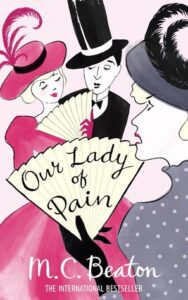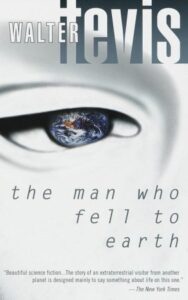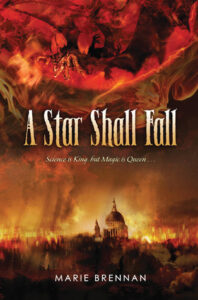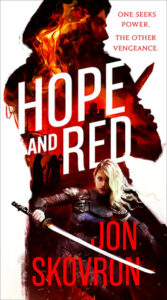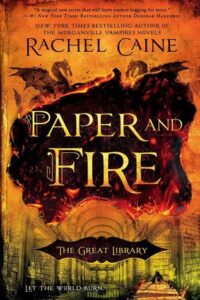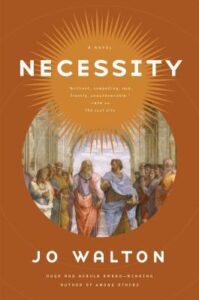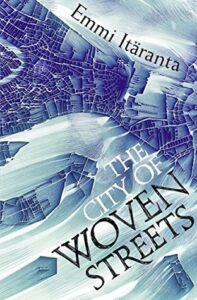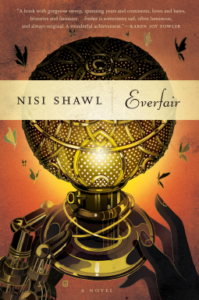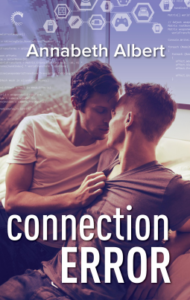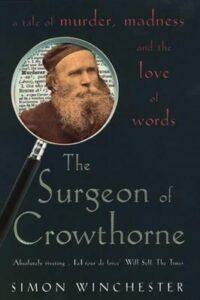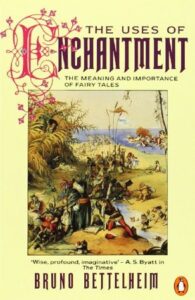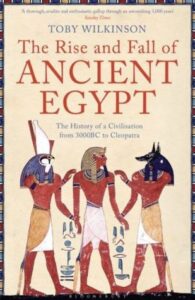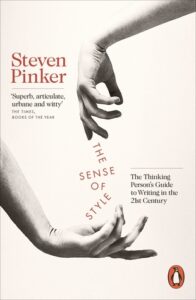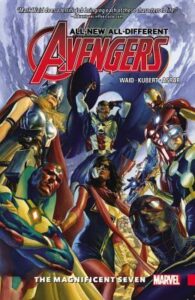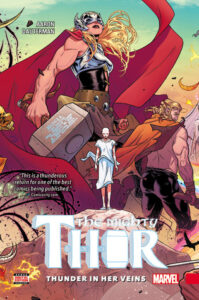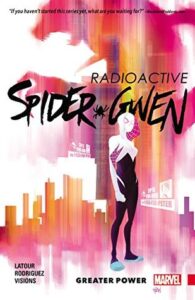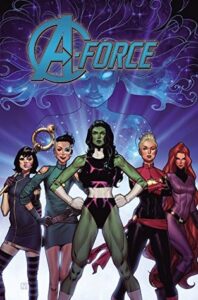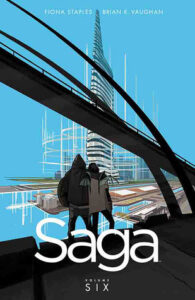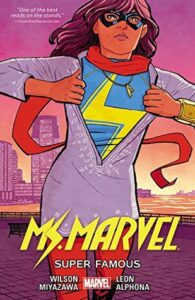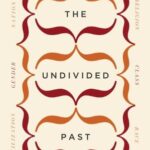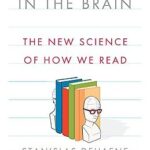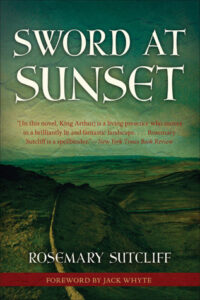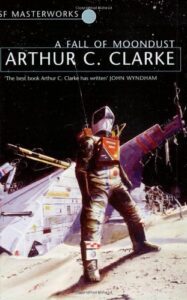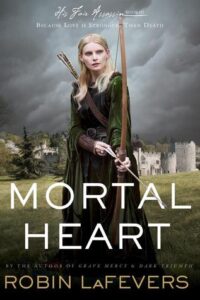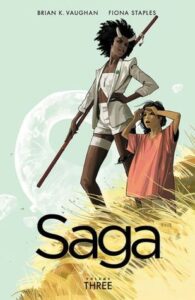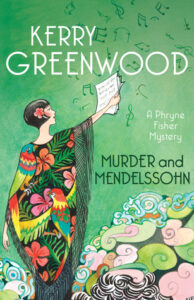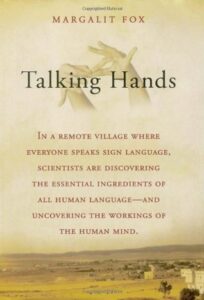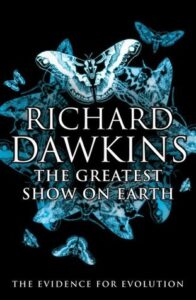 The Greatest Show On Earth, Richard Dawkins
The Greatest Show On Earth, Richard Dawkins
Richard Dawkins is, from my point of view, a fairly unpleasant man even when I agree with him. He sets out to make this book an explanation of how evolution works (but for that, I would go with Coyne’s Why Evolution is True), and why it is the correct explanation for various phenomena we can observe around us. It’s not as bad as The God Delusion for anti-theist statements, though there are a few speckled in there, and he makes a fairly good line of argument.
Of course, since I think evolution is an obvious conclusion, so I’m not exactly the audience he was hoping to convince — and it’s likely I didn’t notice instances of his usual arrogant attitude that would bother someone who doesn’t already believe in the same things. I think you’re probably safer with Coyne’s book.
Or this set of logical steps:
- There are creatures who are better adapted to their environment than others of the same species.
- Because they are better adapted, they will be more successful in survival and, consequently, breeding.
- These traits, when heritable, can be passed on the creature’s offspring — and they can have many offspring.
- These offspring will be better adapted, and will meet others who are also well adapted to breed with.
- Good adaptations accumulate over the course of generations.
- The environment is not stable and changes over time. Adaptation is necessary to allow a species to survive in the same area, and species do survive in the same area.
- Over a long period of time, enough changes will accumulate that individuals of that species would not be able to breed with the original species, or with a branch of the species that adapted differently.
- Evolution via natural selection has necessarily occurred.
Plus extra evidence like shared DNA, the fact that we can artificially (and in a very short space of time) cause a species to evolve by selecting traits we want (e.g. high milk yield in cows), and the fossil record which contains plenty of examples of transitional fossils… You don’t need Dawkins; go back to Darwin. Even without the evidence we have now, he saw the necessary chain of events, and he was much more sympathetic to other views, and meticulous about his evidence.
Nonetheless, Dawkins’ book is clear and pretty well-written; I just don’t like his attitude, and I don’t think he will reach the desired audience.

